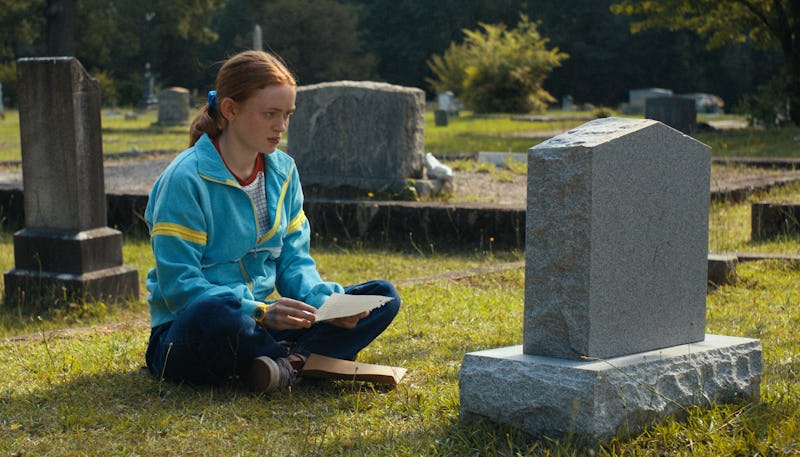
Nausea- A world of randomness chaos
Jean-Paul Sartre is a renowned philosopher of Existentialism. His famous work follows Antonie Rouquentin, a writer who questions and explores his own existence. He goes through phases of extreme observation of his surrounding world, going beyond the materialistic world and questioning every single object and person in his life, only to find himself in a world of order that is chaotic, in other words, randomness, which causes him to have nausea. In an instant, he arrives at a bar that is equally unbearably to stand. The group of men playing poker, and as he deciphers the winning odds, or the strange drunken man approaching him with a vibrant outfit, all made his stomach turn. Until he asked the waitress to play music on the vinyl, he began another round of nausea. A peculiar kind of nausea that made him on cloud 9.
"For a moment, the jazz is playing; there is no melody only notes, a myriad of tiny jolts. They know no rest, an inflexible order gives birth to them and destroys them without giving them time to recuperate and exist for themselves."
Antonie describes the music highly resembling his existential conflict. Prior to the passage, he describes the vocal chorus as "short" or "abrupt manner," signifying a sound of order bores him. It does not merely pique his interest as much as the randomness of Jazz music. He takes time in writing every detail on how it makes him feel, or the memories that have been brought forth, like trips to Barcelona. In a way, Antonie represents Jazz music, for he excludes traits of randomness or disoriented melodies, not following the conventional way of thinking about life. Without forcing it, he thinks beyond the box.
Reflection: My Relationship with Music
Stranger Things Season 4 - Volume 1: The Power of Music
*Spoiler Alert*

In another scene were Nancy and Robin, who was in a mental facility finding answers about Vecna and a potential cure for Billy. They established that music can cope with the broken minds of the patients, for it has a calming effect, especially the right songs that hold some personal meaning. On the verge of Billy's brain abduction, while in her mind she is desperately escaping Vecna's mind control, the crew finally was able to put on Billy's headset and play "Running up the Hill" by Kate Moss. In a climatic fashion, Billy has flashbacks of her fond memories with her friend, fighting all her might against Vecna, and running toward her friend's safe arm.
















